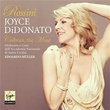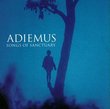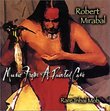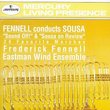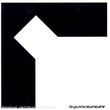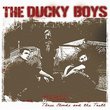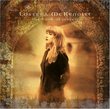| All Artists: Dieter Weller, Ernst Salzer, Johann Leutgeb, Laszlo Modos, Gyorgy Ligeti, Elgar Howarth, Elisabeth Ziegler, Kevin Smith, Christa Puhlmann-Richter, Olive Fredricks, Gumpoldskirchner Spatzen, ORF Vienna Radio Symphony Orchestra, ORF-Symphony Orchestra, Eirian Davies, Penelope Walmsley-Clark, Peter Haage Title: György Ligeti: Le Grand Macabre Members Wishing: 1 Total Copies: 0 Label: Wergo Germany Release Date: 10/12/2004 Album Type: Import Genre: Classical Styles: Opera & Classical Vocal, Historical Periods, Modern, 20th, & 21st Century Number of Discs: 2 SwapaCD Credits: 2 |
Search - Dieter Weller, Ernst Salzer, Johann Leutgeb :: György Ligeti: Le Grand Macabre
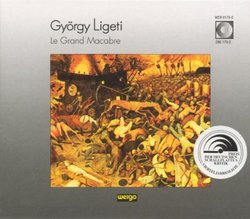 | Dieter Weller, Ernst Salzer, Johann Leutgeb György Ligeti: Le Grand Macabre Genre: Classical
|
Larger Image |
CD DetailsSimilar CDsSimilarly Requested CDs
|
CD ReviewsThe end is nigh...or not. Lord Chimp | Monkey World | 02/21/2005 (5 out of 5 stars) "This is the first opera I ever heard, and I picked it up because it is was by Ligeti, not because it was an _opera_ by Ligeti. Ligeti is my favorite composer, so I guess the only natural thing was to hear his opera too. I actually really love it. Ligeti wrote a lot of dark and apocalyptic music, so his opera's subject matter, the end of the world, would be something he has good sense for. This is a very humorous work, however, from the dark yet wacky libretto to the musical score, which could be the soundtrack for an apocalyptic avant-garde cartoon. The story revolves around the angel of death Nekrotzar, emerging ominously from a tomb, sent to destroy the world. He apprehends the drunkard Piet for a steed and trumpeter, and rides off to announce the End Times to the people of Breughelland. There are other strange characters, like a pair of astrologers who enjoy S&M, the hapless Prince Go-Go, and the leaders of two identical political parties. Fortunately for all the funny people in that imaginary place, Nekrotzar ends up getting too drunk to carry out the annihilation of mankind.
There are numerous parts here that amaze me, and on the whole _Le Grand Macabre_ is a highly amusing, dramatic, and adventurous work of music. It has a lot of dark irony, and also some downright haunting passages, and some really quirky, bizarre parts. For all these reasons, _Le Grand Macabre_ is completely set apart from the rest of Ligeti's works. And some of my favorite Ligeti moments are here: The end of Scene III is some of the composer's darkest, the final sense of dread settling in with an atonal orchestra with solo harmonica accompaniment, and boy's choir singing "Consummatum est" ("it is finished"). Only Ligeti could make a harmonica sound apocalyptic. The especially rapturous lovers Amando and Amanda share a ravishing duet at the end of the first scene, singing their love to each other, essentially oblivious to the threat of impending doom. Nekrotzar's doomy entry to the court of Prince Go-Go includes a violin, bassoon, clarinet, and piccolo playing twisted, gloullish folk-music with clattering rhythms. This is yet another masterpiece from the best composer of the post-war era, and the recording is exceptional. The singing on this one is German; there is an English version on Sony's OOP Ligeti Edition series." |

 Track Listings (13) - Disc #1
Track Listings (13) - Disc #1